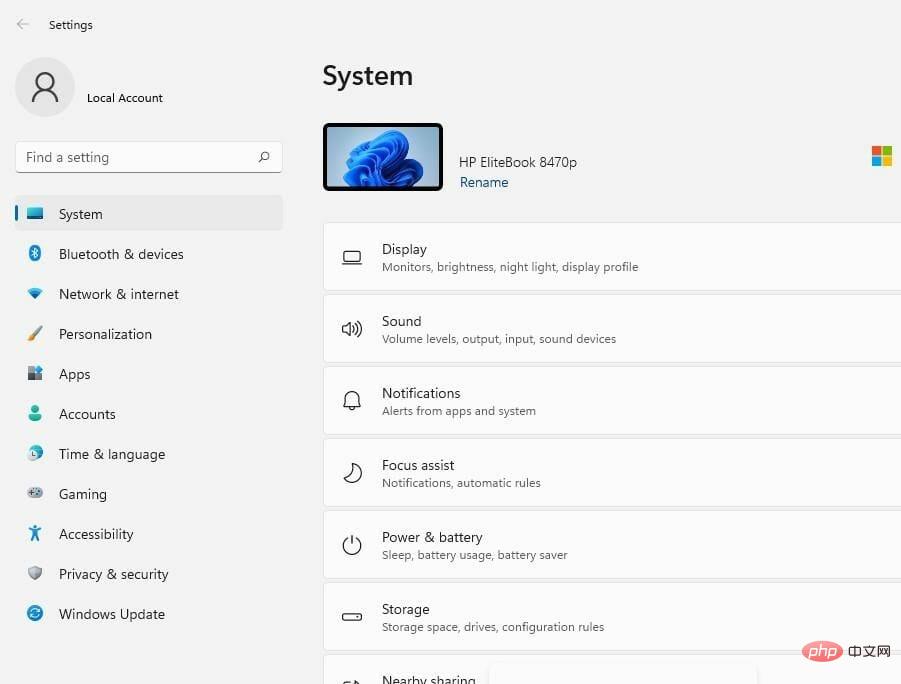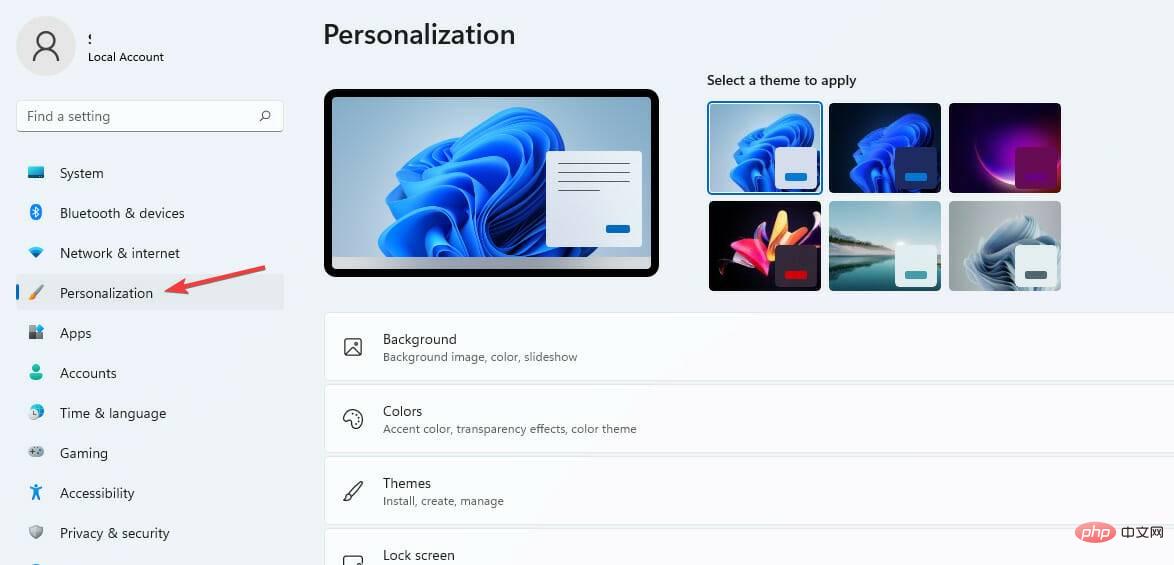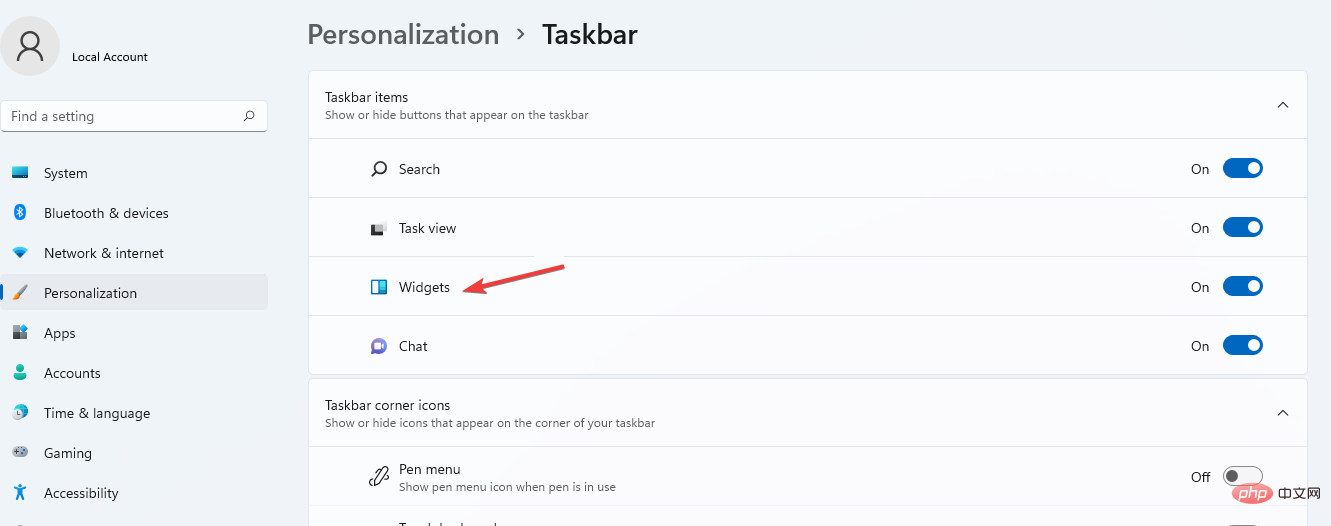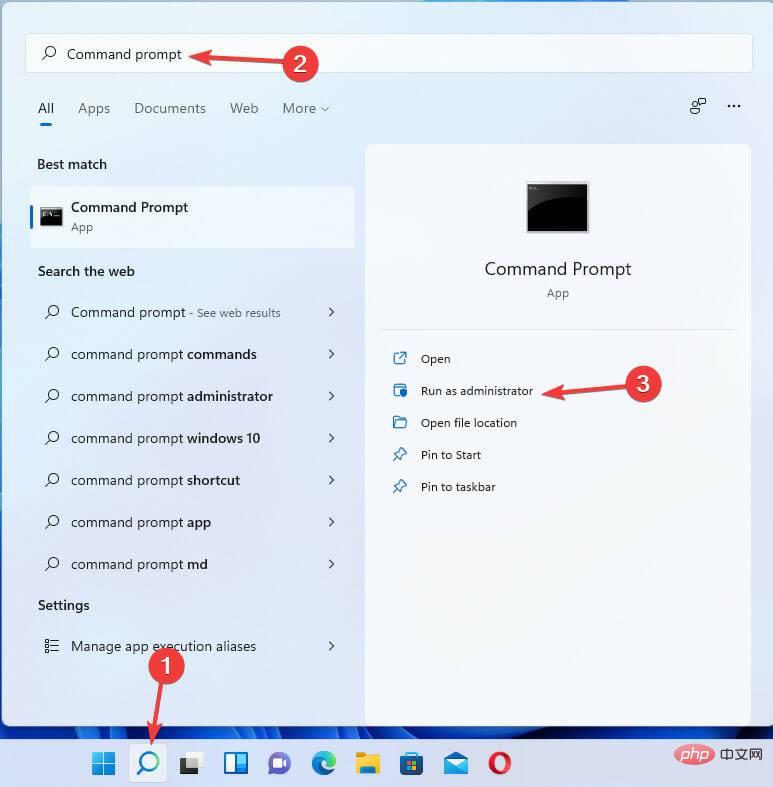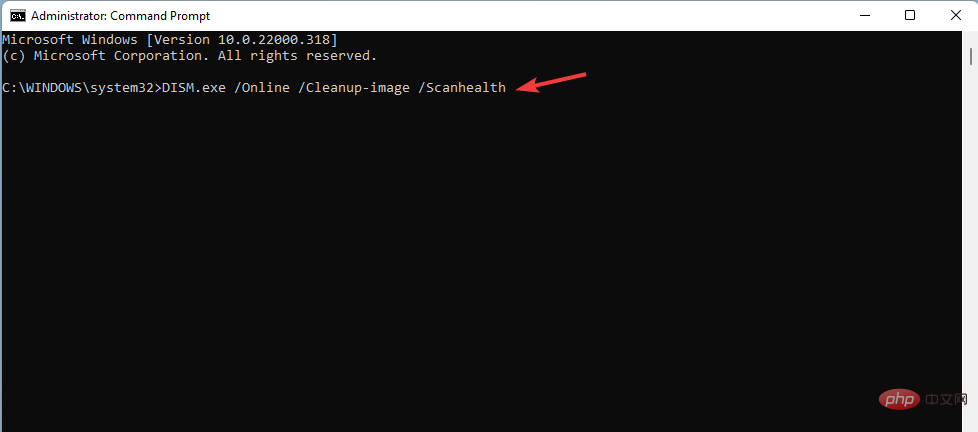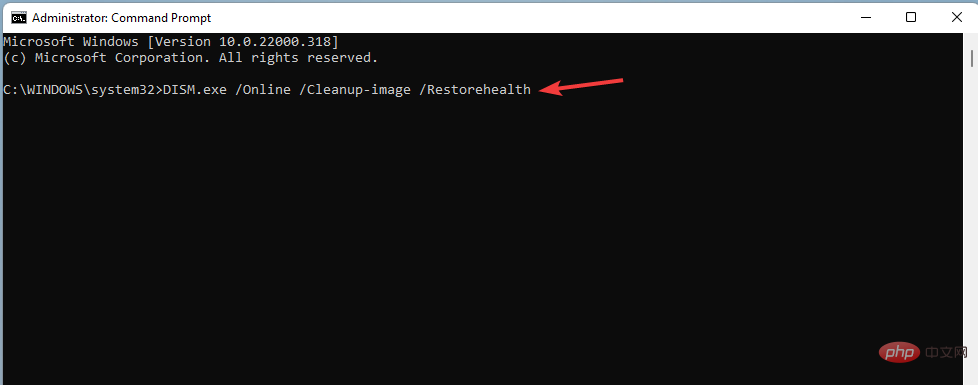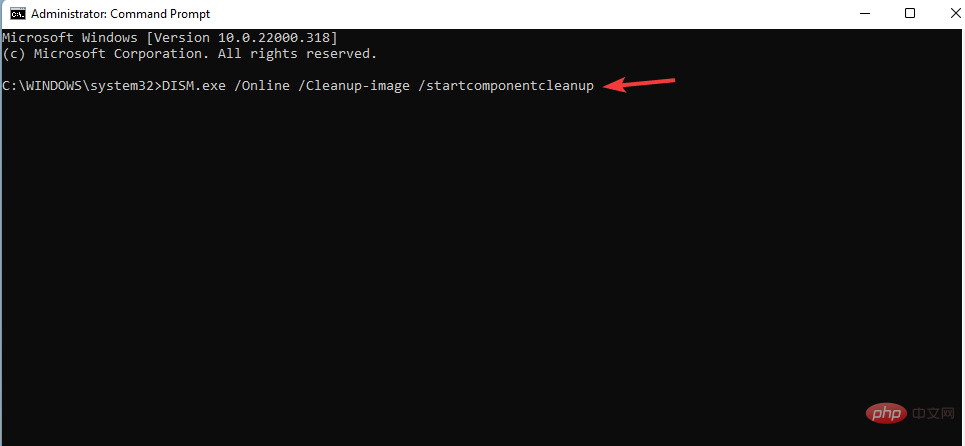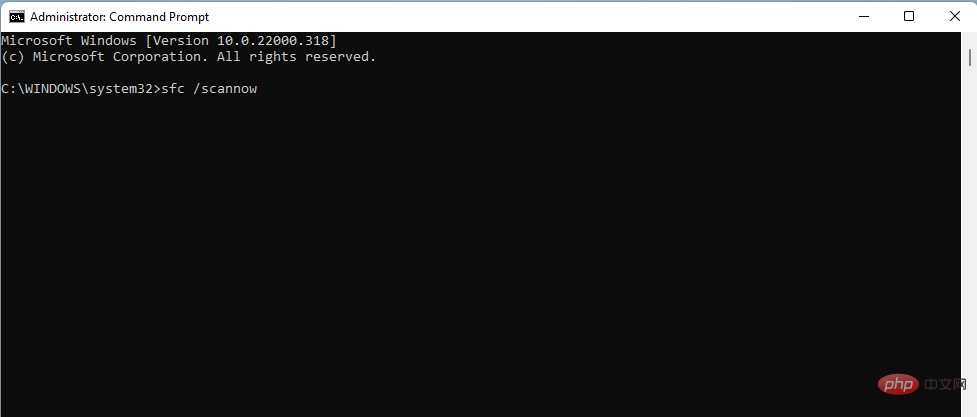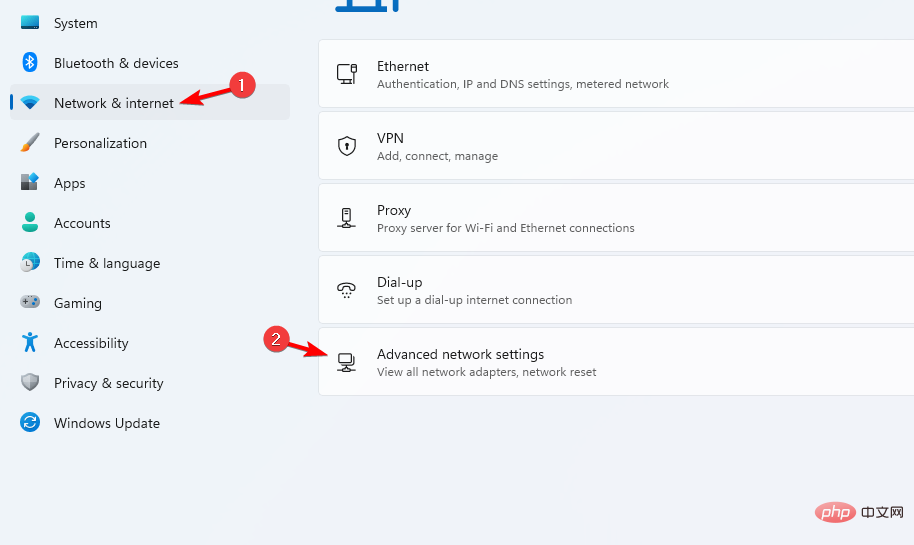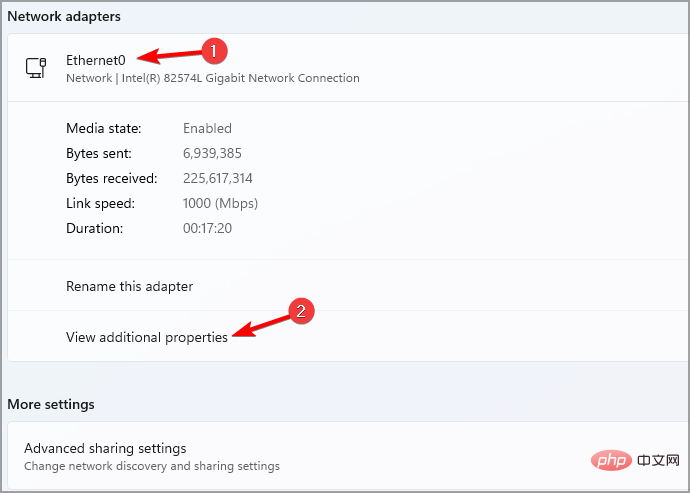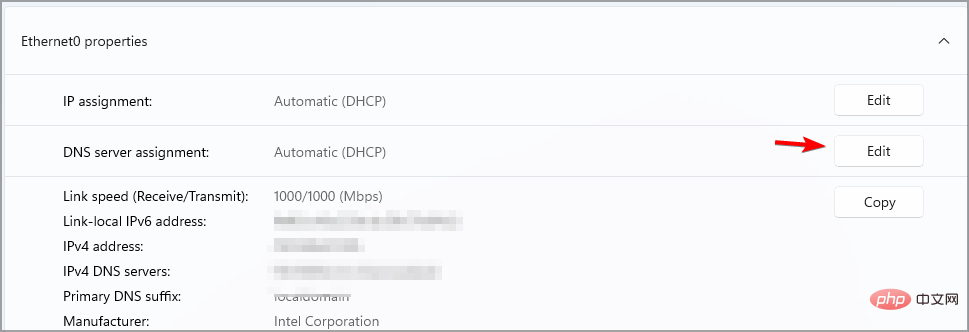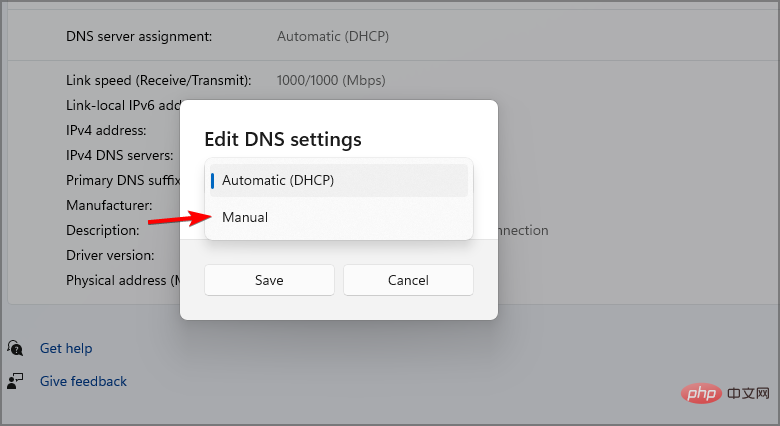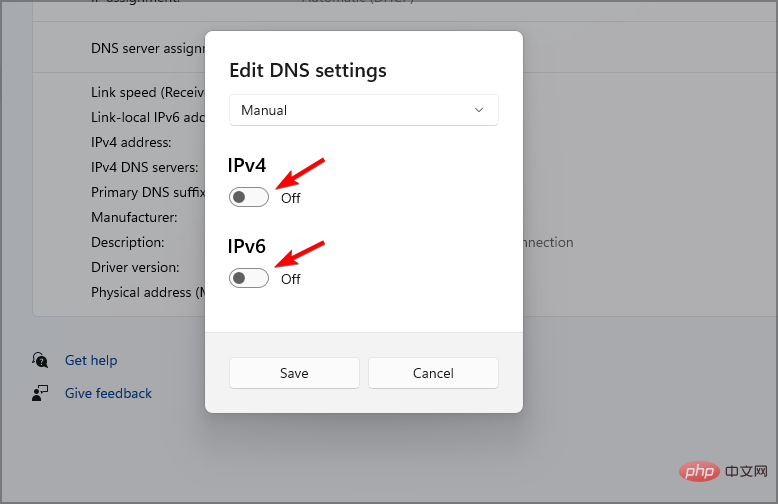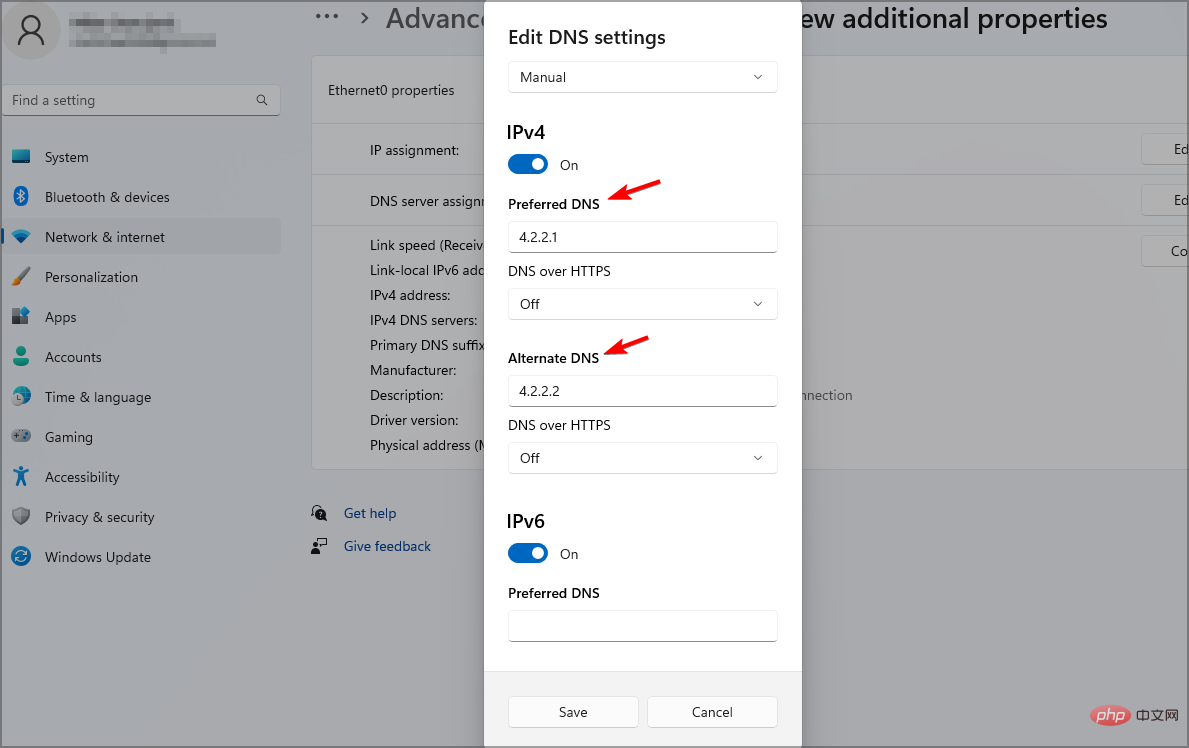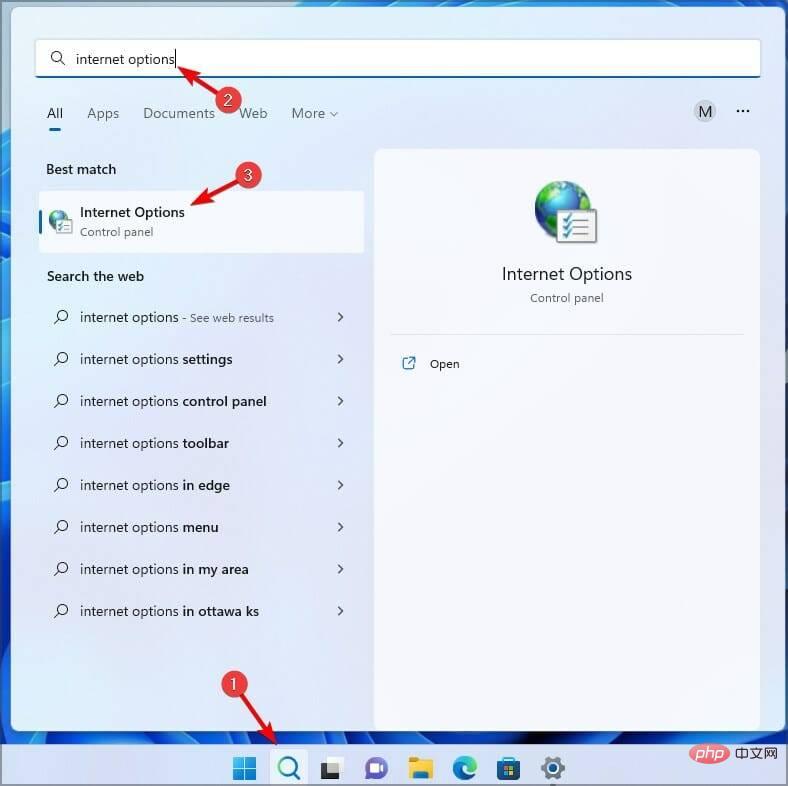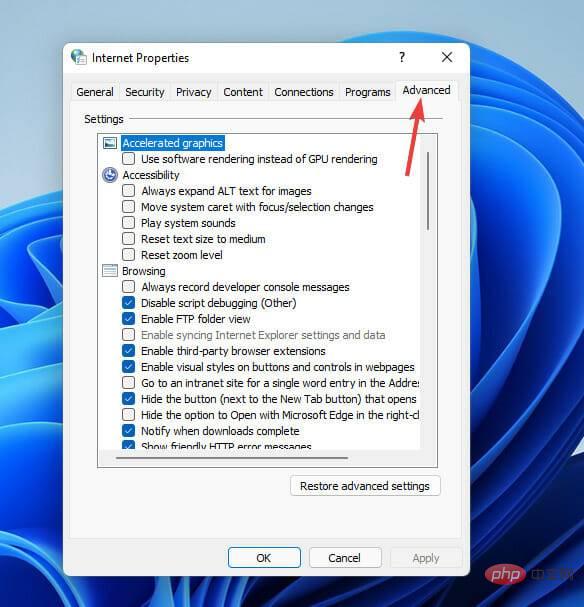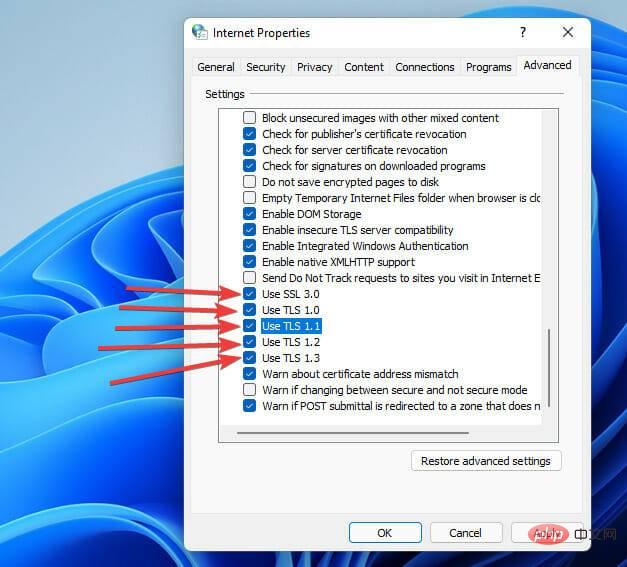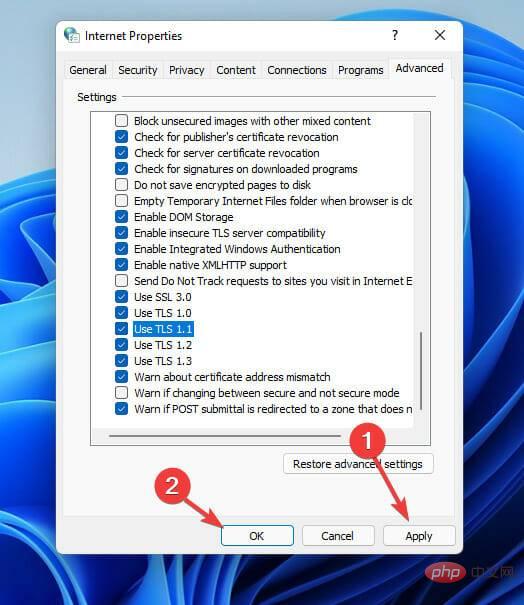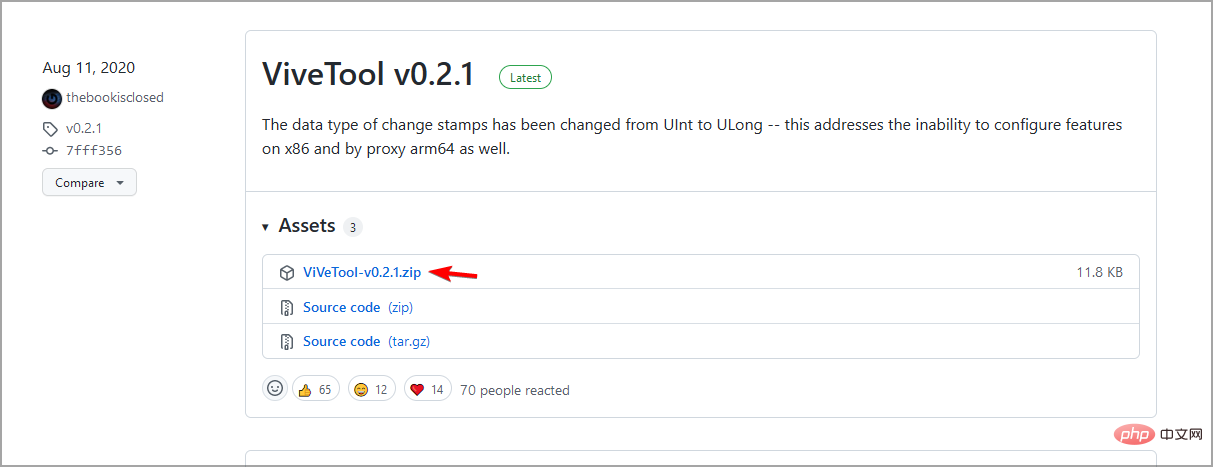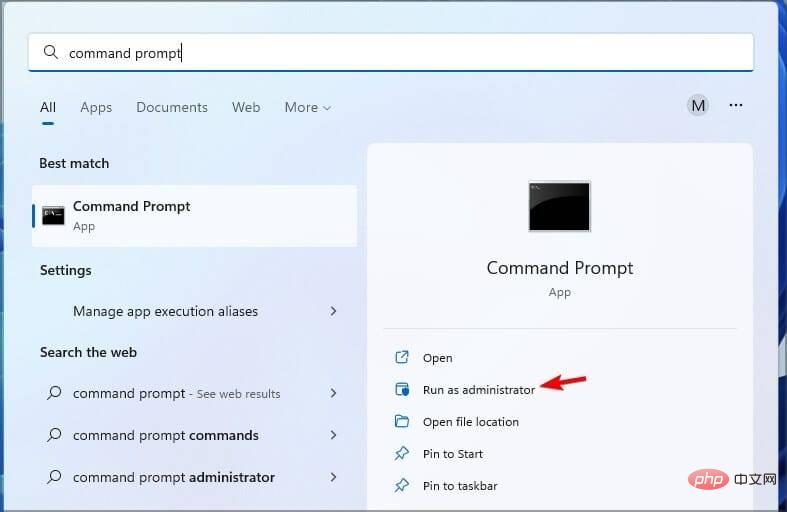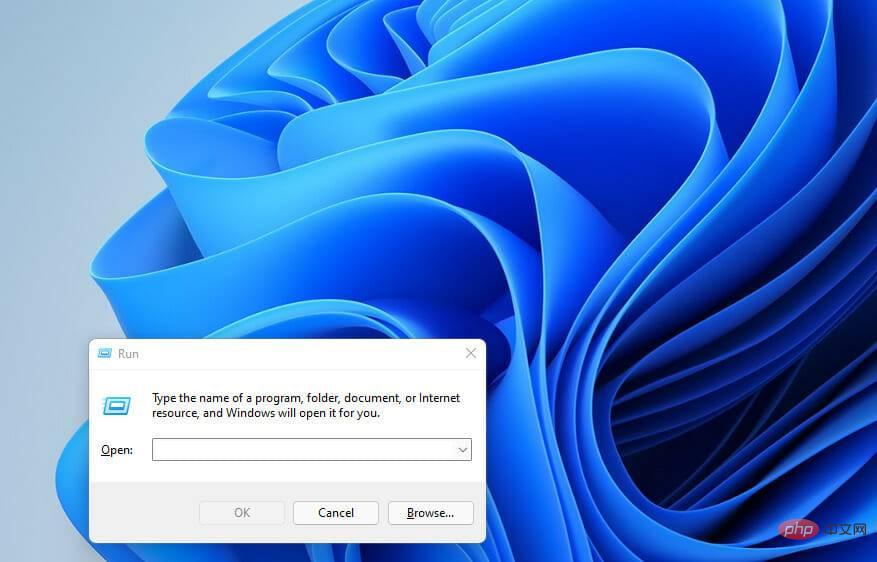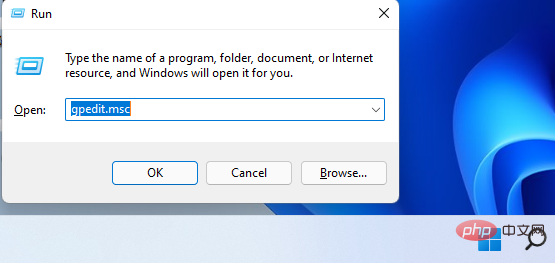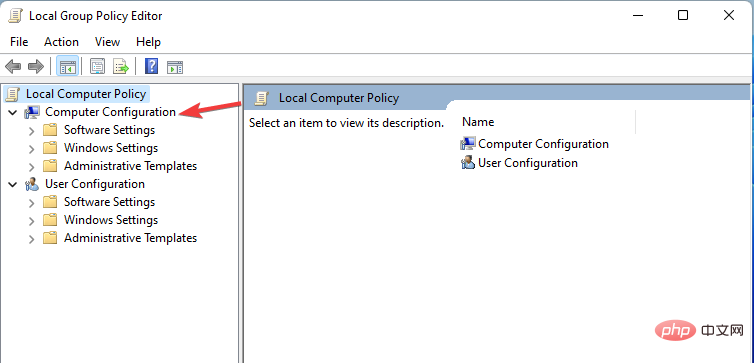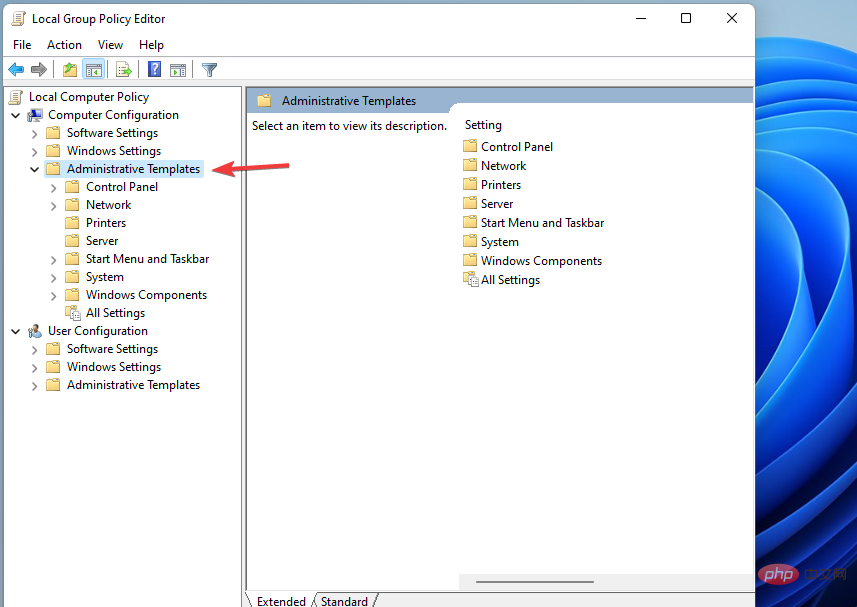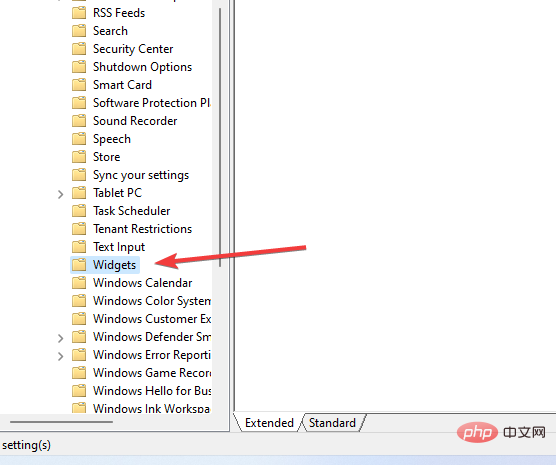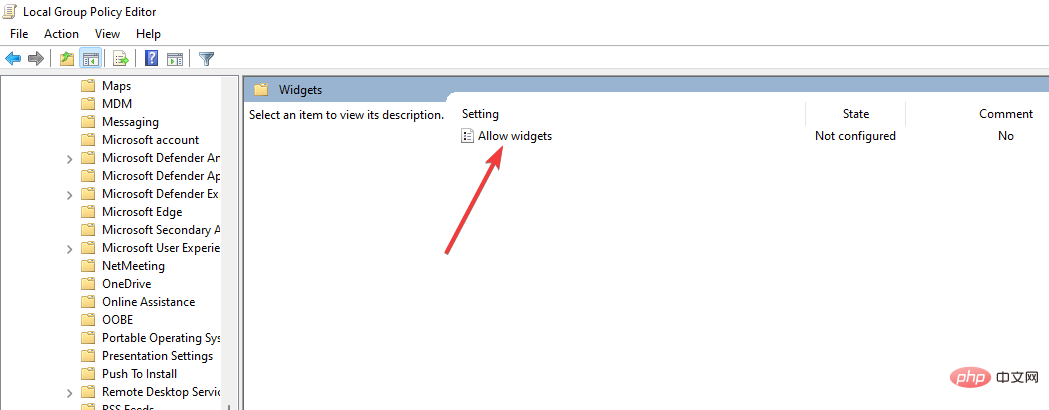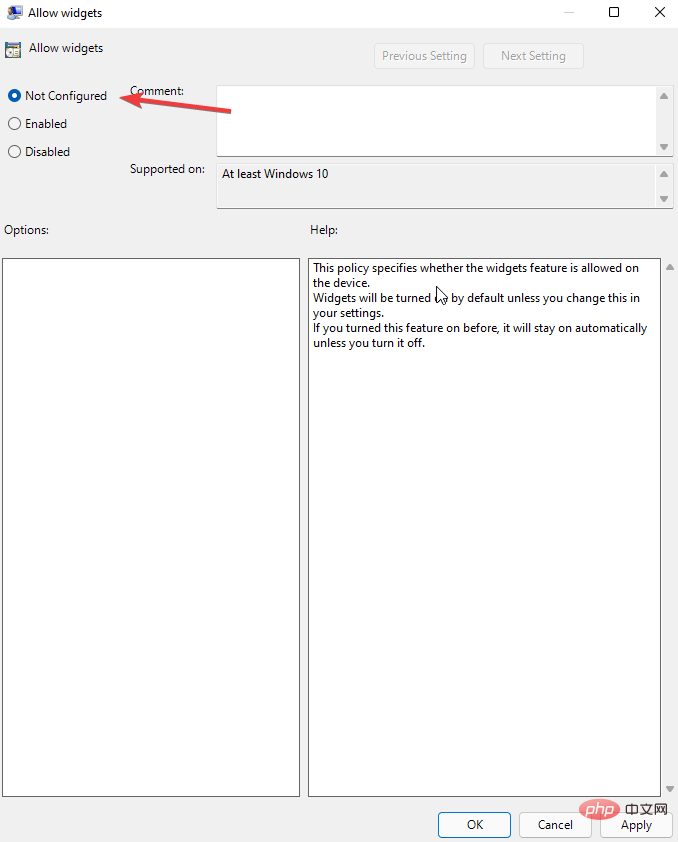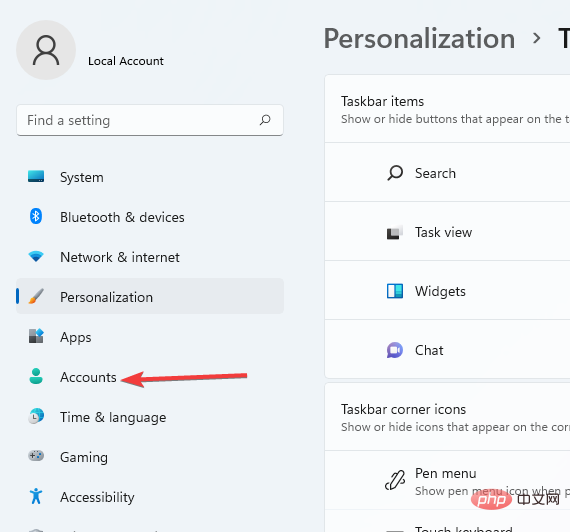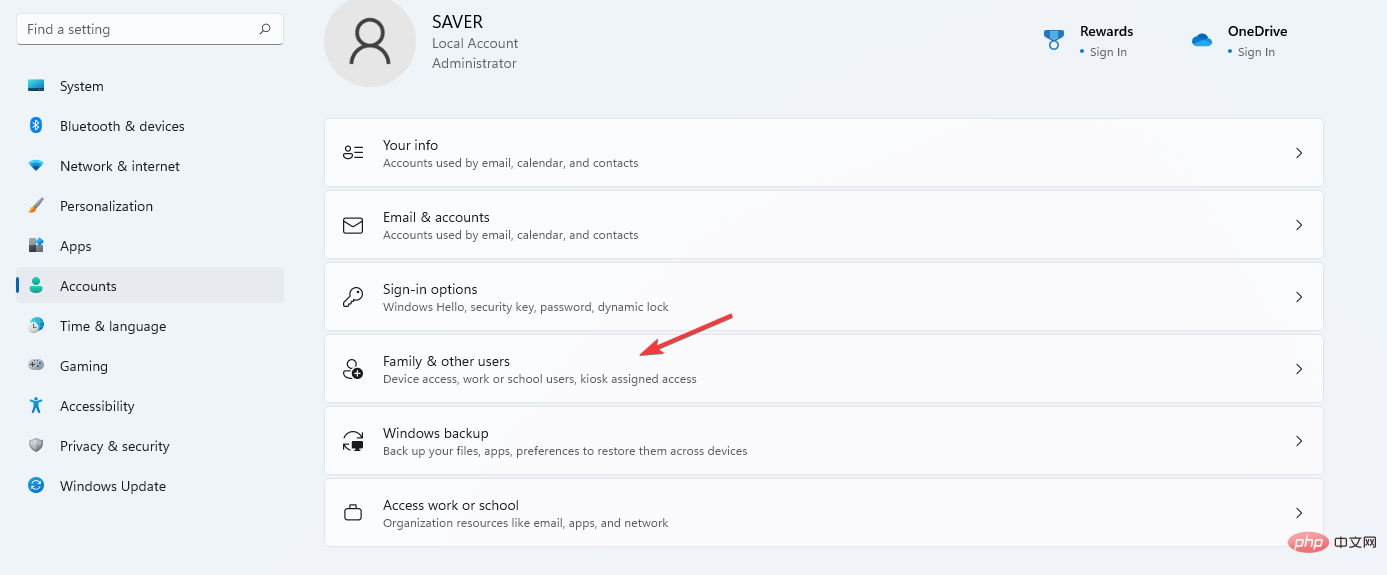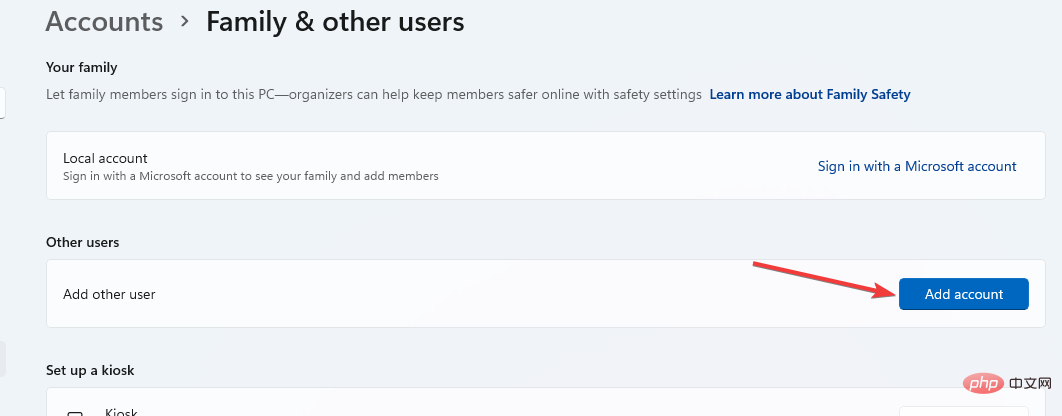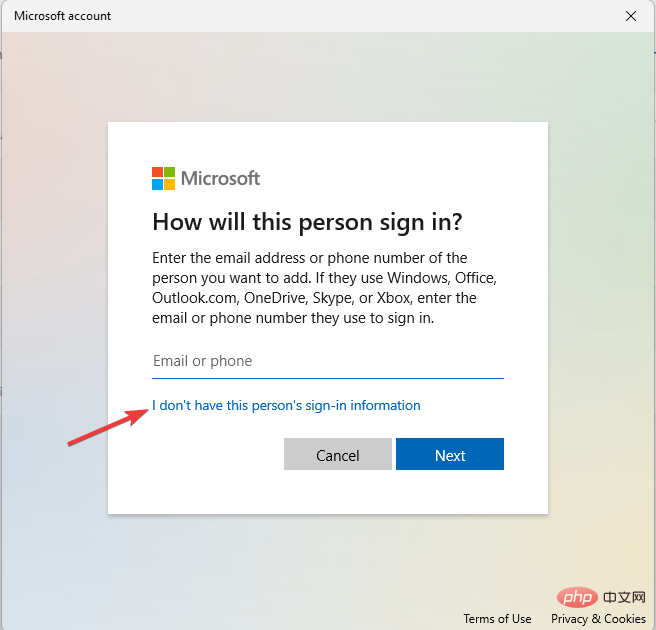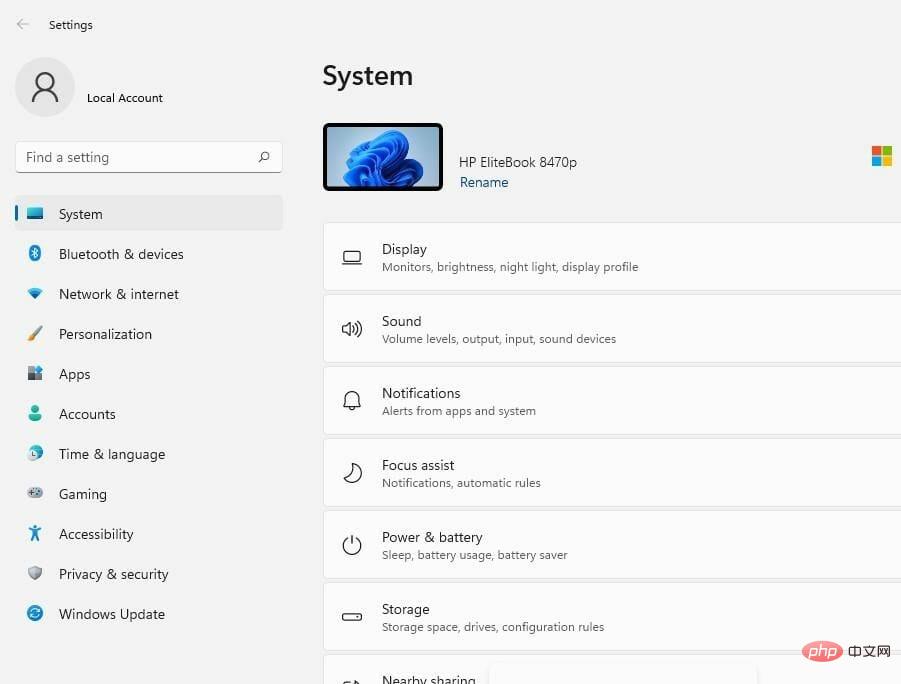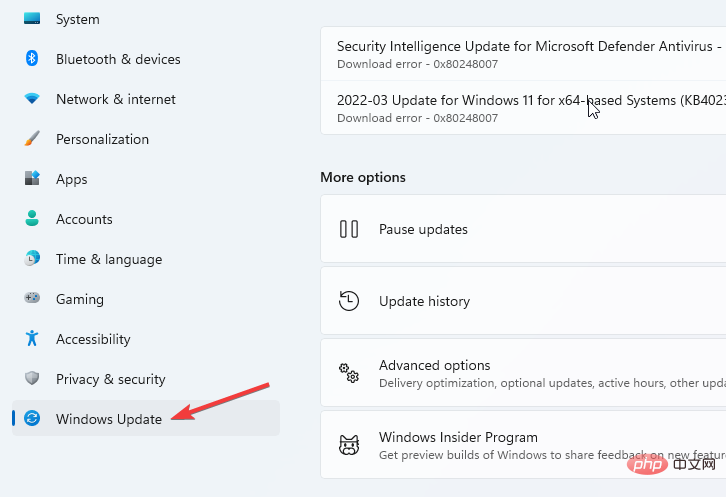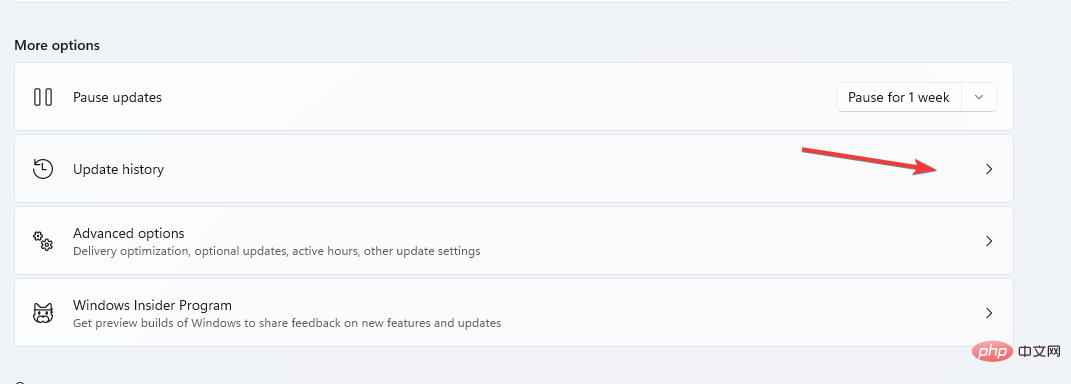7 fixes to make if Windows 11's weather widget isn't showing up in the taskbar
Windows 11 gets rid of the News and Interests section and replaces it with Widgets, which you can turn on or off through settings.
Weather app comes with widgets that show all the details and information you want about the weather. To do this, you have to click and open the app to view it.
Some users are experiencing difficulty when trying to display the weather in the taskbar. Some people end up abandoning the feature because they can't solve the problem.
Many people have reported missing taskbar icons on Windows 11, but this is easy to fix. For more information about the weather widget, be sure to keep reading.
What is the reason why Windows 11 weather is not showing up on the taskbar?
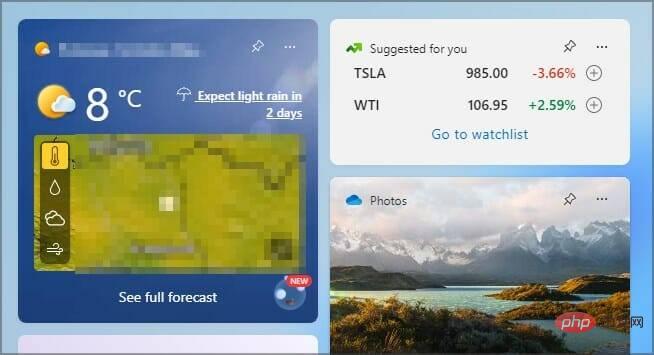
#There are several reasons why the taskbar does not display the weather function. Some of the main reasons include:
- Pending updates from a specific version or previous updates during migration from Windows 10 to 11
- Corrupted registry and system files
- Incorrect setup and configuration
- Conflicting user accounts
- Issues with TLS and SSL
If the Windows 11 weather widget does not show up in the task bar, how do I fix it?
1. Check the widget settings
- Go to the Search button, enter Settings, and hit Enter.

- # Click the Personalize tab.

- In the list of taskbar items, find the Widgets option.

- Toggle the Widget button to turn it on.
2. Clean PC files
- Open the start search box, type command prompt and select as administrator Run options.

- Type the following commands in the following order and click Enter respectively:
<strong>DISM.exe /Online /Cleanup-image /Scanhealth</strong>
<strong>DISM.exe /Online /Cleanup-image /Restorehealth</strong>
##DISM.exe / Online /Cleanup-image /startcomponentcleanup<strong></strong>
sfc /scannow<strong></strong> Restart Your PC
Restart Your PC
⇒ Get Recovery
3. Enable SSL and TLS
- Press the I key on your Windows keyboard to open the Settings app.
- Select the Network and Internet tab. Click Advanced network settings.

- Select the network type you are using.
- Click to view all properties.

- Select the Edit button on the DNS Server Assignment tab.

- Change DNS settings from Automatic (DHCP) to Manual.

- Toggle the IPv4 and IPv6 buttons and turn them on.

- Change the preferred DNS details to 4.2.2.1 and the backup DNS to 4.2.2.2 .

- Click OK to save changes.
- Return to the Start button Search Internet Options, and press Enter to open Internet properties.

- Click the Advanced tab.

- Scroll to the Security category and check these options: SSL 3.0, TLS 1.0, TLS 1.1, TLS 1.2, TLS 1.3.

- Click Apply and OK to apply the changes.

4. Use third-party software
- Go to Vivetool official website to download.

- Copy all contents of Vivetool to the following directory:
<strong>Windows\System 32</strong> - Go to search and type command prompt and select the Run as administrator option.

- Type each of these commands as you click Enter:
<strong>vivetool addconfig 34301415 2<br>vivetool addconfig 36226456 2<br>vivetool addconfig 36553793 2<br>vivetool addconfig 36226054 2</strong>##Restart your computer.
5. Configure Group Policy
- Press the R key on the Windows keyboard to open an empty Run dialog box.

- Type gpedit.msc and click OK.

- Navigate to the computer configuration directory.

- Select Administrative Templates and then select Windows Components.

- Find the Widgets folder and double-click it to open it.

- Click the Allow widgets option to open the expanded window.

- Select the Not Configured option and click Apply, then Click OK to save the changes.

6. Create a new user account
- Click the Start Search button, type Settings, Then click Enter.
- Click on the Account option.

- Select the Family and other users option.

- On the Other Users tab, select Add Account to add additional users.

- When prompted for your Microsoft account, select I don't have login information for this person.

- Select the Add users without a Microsoft account option. Enter your username, password, password hint, click Next, and follow the prompts to complete the process.
After creating the account, log out of the old account and log in to the new account. Repeat the same process and log in to your previous account. The problem is solved.
7. Check for your Windows updates
- Press the I key on your Windows keyboard to open "Settings”Apply.

- Click on the Windows Update tab.

- Click Update History. If you have the KB5010414 update, please try it. If the update is not present, install it and try again.

This option is primarily intended for users who upgraded directly from Windows 10 to 11 using updates. The weather feature was released with the KB5010414 update, so it is a must to enjoy the weather feature.
Why is the Windows 11 weather widget not updating?
If the weather widget is not updating, there may be network issues preventing it from working properly, so be sure to check.
A corrupt Windows installation can also cause this problem, so you may need to repair the installation or recreate the user profile.
Windows 11 has a lot of widgets for different purposes. Some of the other widgets that come with the new operating system include calendar, photos, tips, entertainment, transportation, and more.
The above is the detailed content of 7 fixes to make if Windows 11's weather widget isn't showing up in the taskbar. For more information, please follow other related articles on the PHP Chinese website!

Hot AI Tools

Undresser.AI Undress
AI-powered app for creating realistic nude photos

AI Clothes Remover
Online AI tool for removing clothes from photos.

Undress AI Tool
Undress images for free

Clothoff.io
AI clothes remover

Video Face Swap
Swap faces in any video effortlessly with our completely free AI face swap tool!

Hot Article

Hot Tools

Notepad++7.3.1
Easy-to-use and free code editor

SublimeText3 Chinese version
Chinese version, very easy to use

Zend Studio 13.0.1
Powerful PHP integrated development environment

Dreamweaver CS6
Visual web development tools

SublimeText3 Mac version
God-level code editing software (SublimeText3)

Hot Topics
 What is the reason why PS keeps showing loading?
Apr 06, 2025 pm 06:39 PM
What is the reason why PS keeps showing loading?
Apr 06, 2025 pm 06:39 PM
PS "Loading" problems are caused by resource access or processing problems: hard disk reading speed is slow or bad: Use CrystalDiskInfo to check the hard disk health and replace the problematic hard disk. Insufficient memory: Upgrade memory to meet PS's needs for high-resolution images and complex layer processing. Graphics card drivers are outdated or corrupted: Update the drivers to optimize communication between the PS and the graphics card. File paths are too long or file names have special characters: use short paths and avoid special characters. PS's own problem: Reinstall or repair the PS installer.
 How to speed up the loading speed of PS?
Apr 06, 2025 pm 06:27 PM
How to speed up the loading speed of PS?
Apr 06, 2025 pm 06:27 PM
Solving the problem of slow Photoshop startup requires a multi-pronged approach, including: upgrading hardware (memory, solid-state drive, CPU); uninstalling outdated or incompatible plug-ins; cleaning up system garbage and excessive background programs regularly; closing irrelevant programs with caution; avoiding opening a large number of files during startup.
 How to solve the problem of loading when PS is always showing that it is loading?
Apr 06, 2025 pm 06:30 PM
How to solve the problem of loading when PS is always showing that it is loading?
Apr 06, 2025 pm 06:30 PM
PS card is "Loading"? Solutions include: checking the computer configuration (memory, hard disk, processor), cleaning hard disk fragmentation, updating the graphics card driver, adjusting PS settings, reinstalling PS, and developing good programming habits.
 Is slow PS loading related to computer configuration?
Apr 06, 2025 pm 06:24 PM
Is slow PS loading related to computer configuration?
Apr 06, 2025 pm 06:24 PM
The reason for slow PS loading is the combined impact of hardware (CPU, memory, hard disk, graphics card) and software (system, background program). Solutions include: upgrading hardware (especially replacing solid-state drives), optimizing software (cleaning up system garbage, updating drivers, checking PS settings), and processing PS files. Regular computer maintenance can also help improve PS running speed.
 Does mysql need the internet
Apr 08, 2025 pm 02:18 PM
Does mysql need the internet
Apr 08, 2025 pm 02:18 PM
MySQL can run without network connections for basic data storage and management. However, network connection is required for interaction with other systems, remote access, or using advanced features such as replication and clustering. Additionally, security measures (such as firewalls), performance optimization (choose the right network connection), and data backup are critical to connecting to the Internet.
 How to set color mode for export PDF on PS
Apr 06, 2025 pm 05:09 PM
How to set color mode for export PDF on PS
Apr 06, 2025 pm 05:09 PM
The secret to export PDFs with accurate colors: choose color mode according to the purpose: RGB for network display, CMYK for professional printing. Check Embed Profiles when exporting to maintain color consistency. Adjust compression settings to balance image quality and file size. For PDFs for networks, use RGB mode; for PDFs for printing, use CMYK mode.
 Is PS slow loading related to other programs that are running?
Apr 06, 2025 pm 06:03 PM
Is PS slow loading related to other programs that are running?
Apr 06, 2025 pm 06:03 PM
The secrets to mastering Office software include: understanding different versions and platforms, correctly installing and configuring, proficient in using the software interface, in-depth understanding of feature operations, application collaboration and sharing functions, utilizing templates and styles, mastering advanced skills, and solving common problems. In addition, you need to choose a version that suits your needs, make good use of templates and styles, develop backup habits, and learn shortcut keys and advanced techniques to improve efficiency.
 How to solve the problem of loading when the PS opens the file?
Apr 06, 2025 pm 06:33 PM
How to solve the problem of loading when the PS opens the file?
Apr 06, 2025 pm 06:33 PM
"Loading" stuttering occurs when opening a file on PS. The reasons may include: too large or corrupted file, insufficient memory, slow hard disk speed, graphics card driver problems, PS version or plug-in conflicts. The solutions are: check file size and integrity, increase memory, upgrade hard disk, update graphics card driver, uninstall or disable suspicious plug-ins, and reinstall PS. This problem can be effectively solved by gradually checking and making good use of PS performance settings and developing good file management habits.



